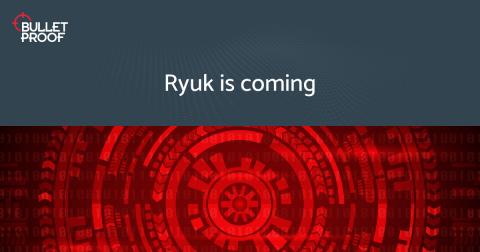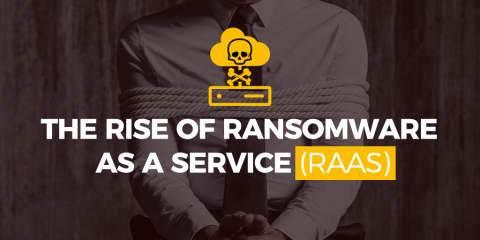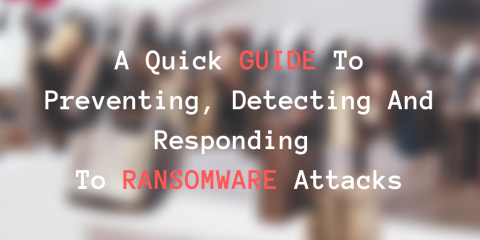Anatomy of a ransomware attack
Ransomware isn’t a new phenomenon, but it’s effects are starting to be felt more widely, and more deeply than ever before. Behemoths like Sony, Nissan, FedEx, Kraft Foods and Deutsche Bank have all been hit in recent years, and the list is growing. The ongoing saga of the ransomware attack in Baltimore, MD has left citizens unable to pay parking tickets or finalize property sales. American small businesses may bear the brunt of the impact of ransomware’s global spread.








